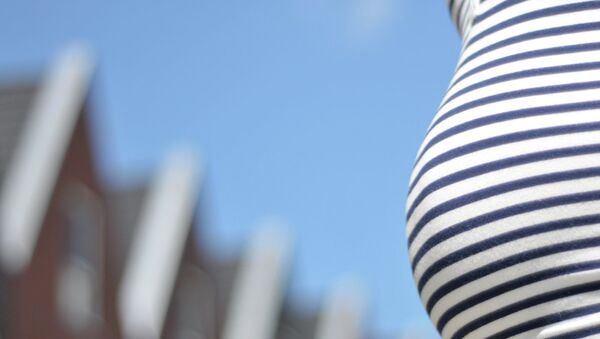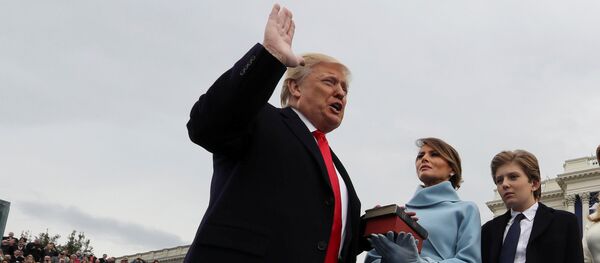Observers say the situation in the country has changed greatly since the times when Beijing practiced forced abortions to control its population, and currently many young couples are not willing to have children even though they are allowed to do so.
According to the data released on Friday by the National Bureau of Statistics, the country's workforce — people aged 16 to 59 — declined by 3.49 million in 2016 while the number of pensioners increased by 10.86 million.
Cnpop.org, a non-profit organization analyzing China's population and birth policies, predicts that the country will be challenged with a "chronic" fall in the number of newborns starting 2018.
"We should stop pinning high hopes on the idea that scrapping the one-child policy would have a big impact and change the population structure," said Ren Yuan, a demographics professor at Fudan University in Shanghai. "The greying society is an unstoppable trend."
The One-Child policy was first introduced to the Chinese public in the late 1970s, amid concerns that rapidly growing population and population density would overwhelm the country's economy.




